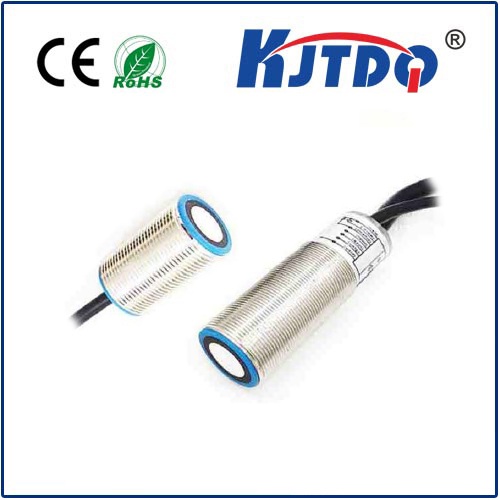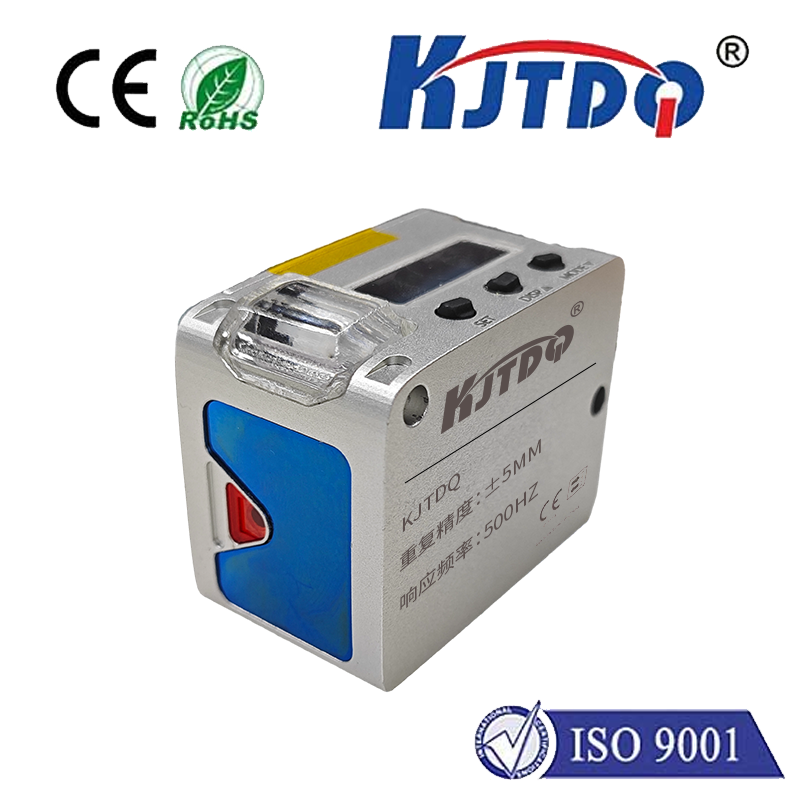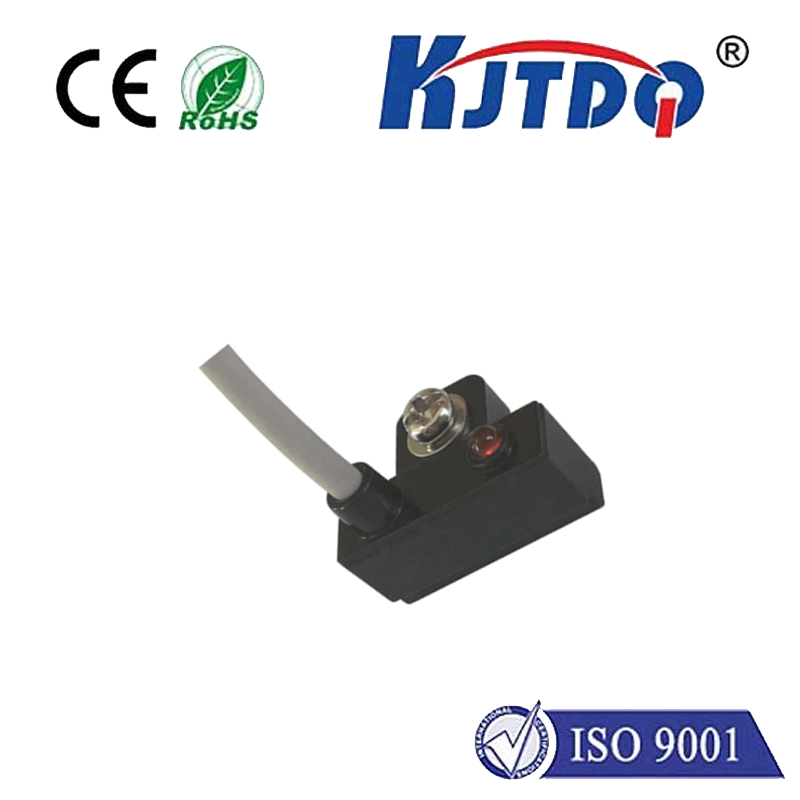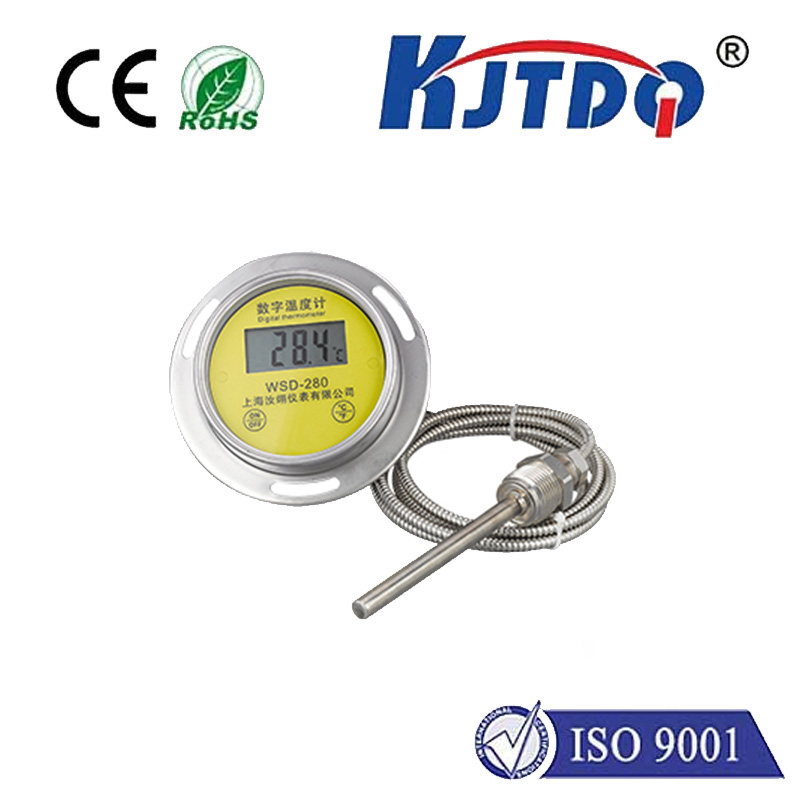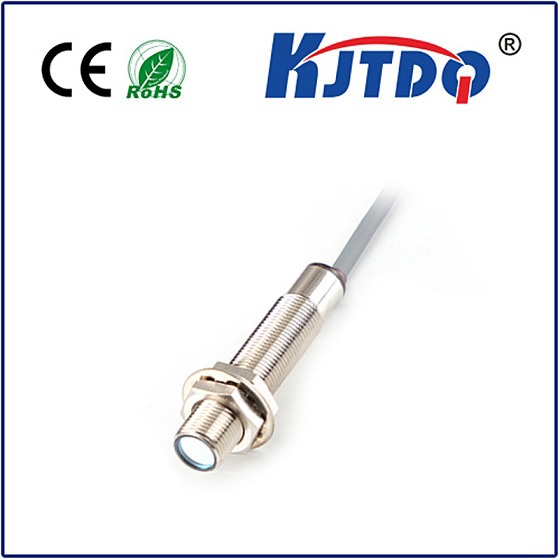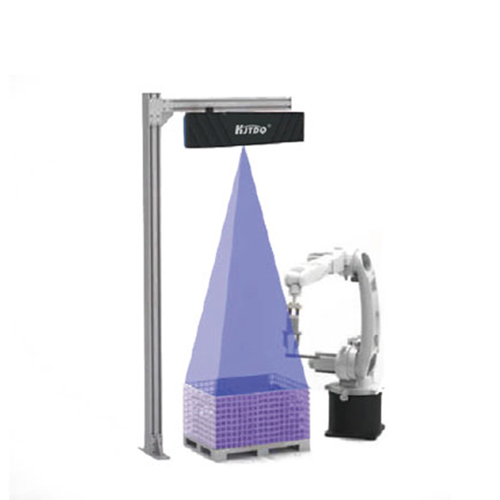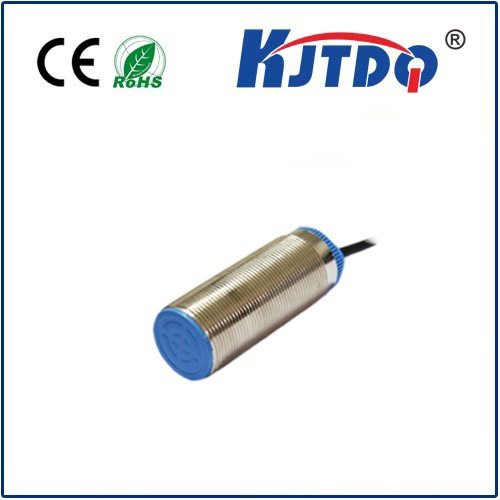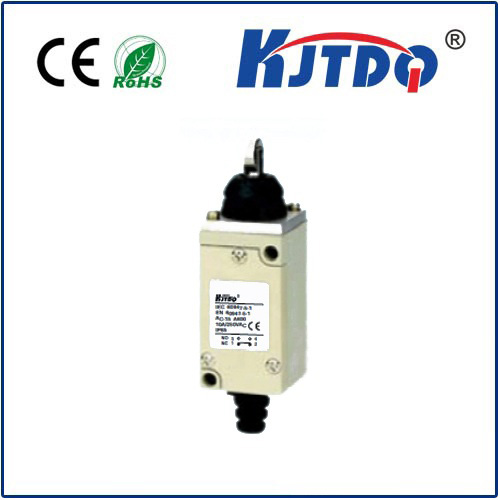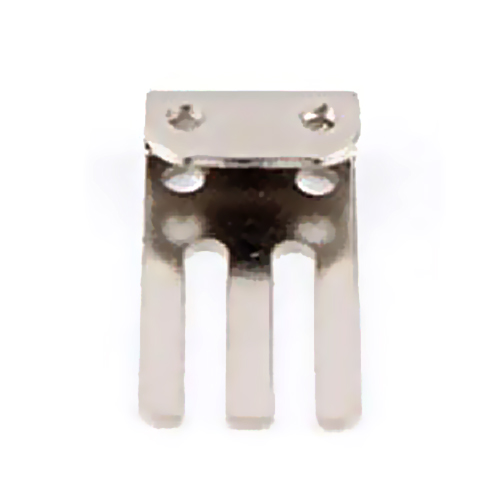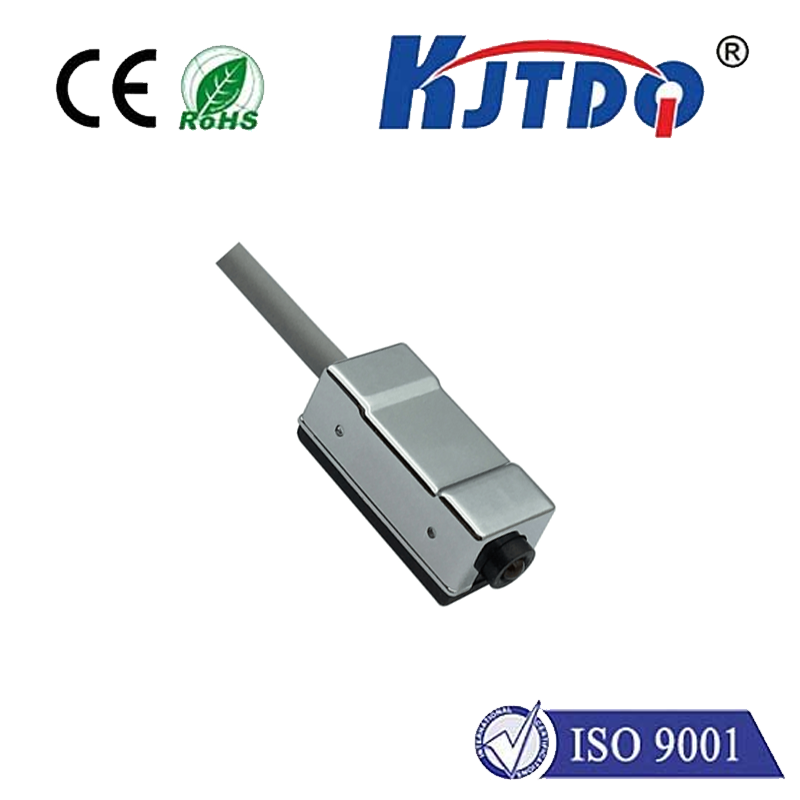









check
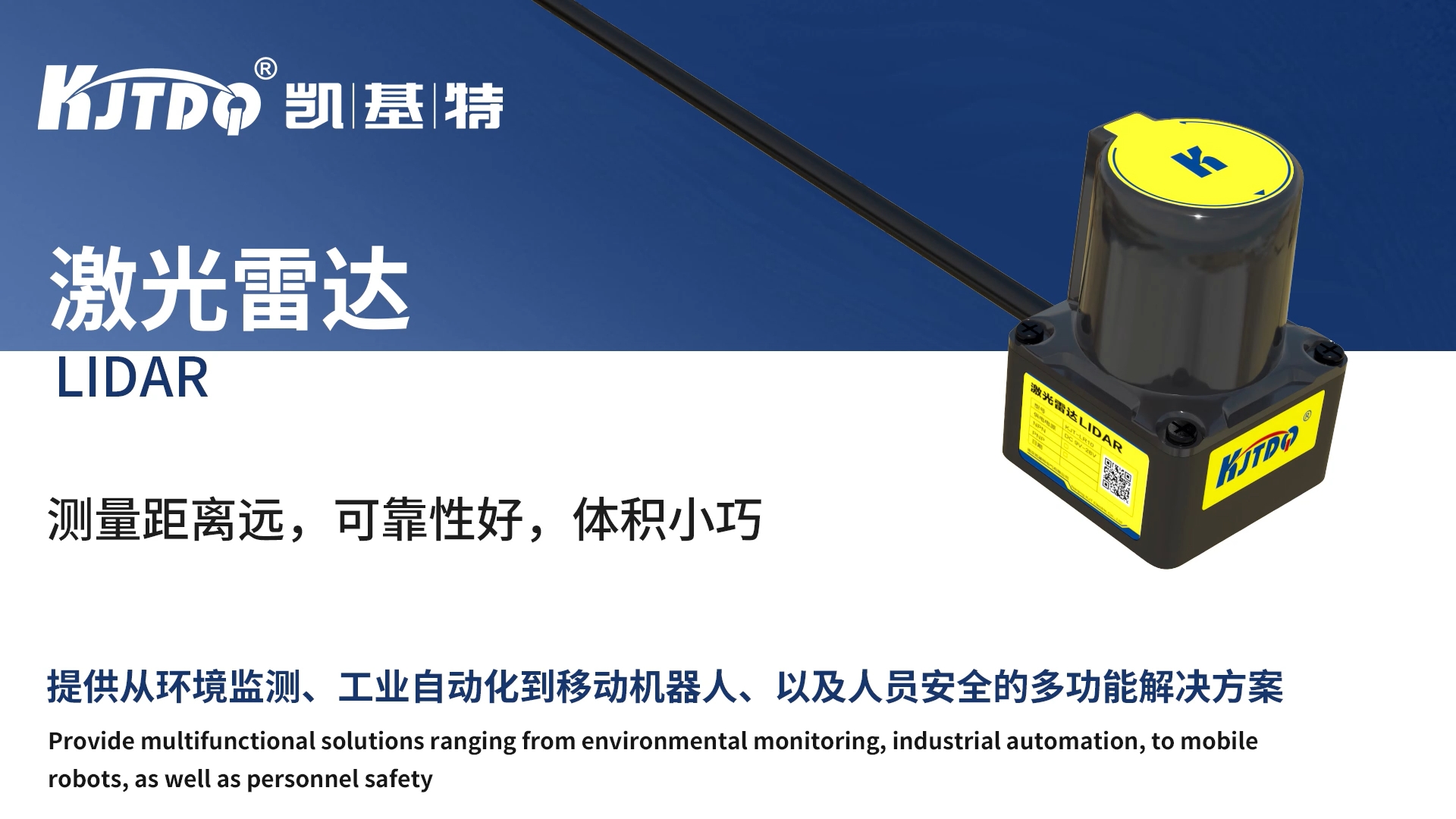
check
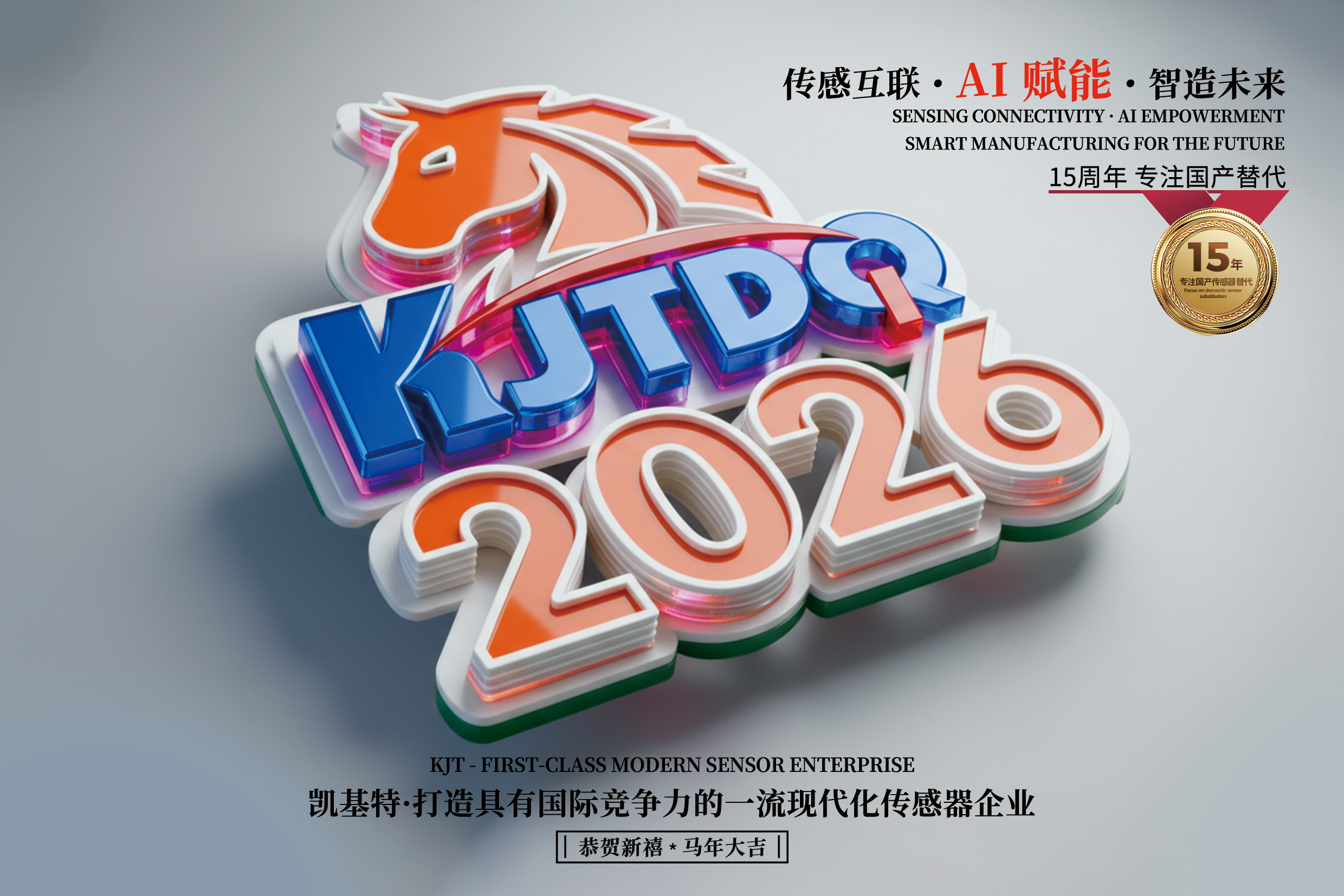
check
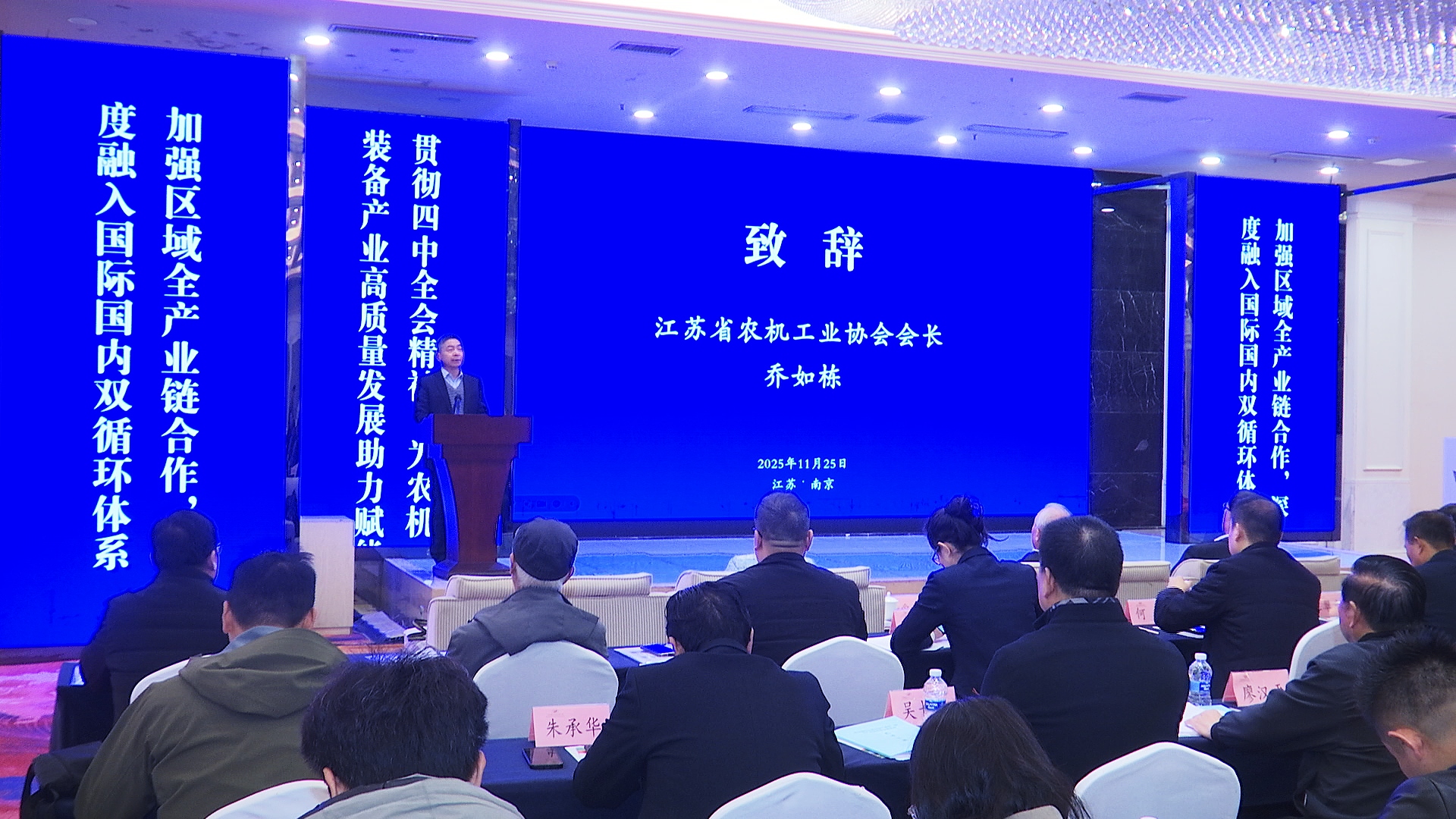
check

check

check

check

check
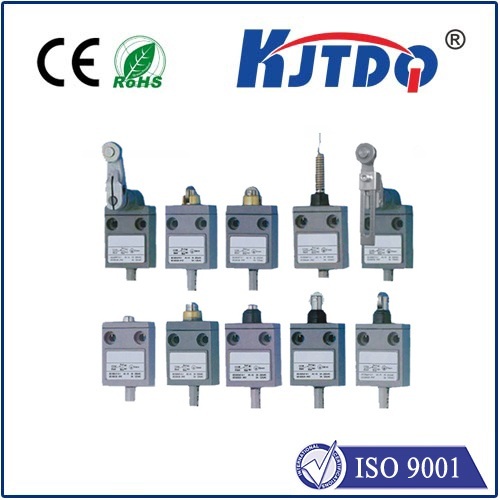
check
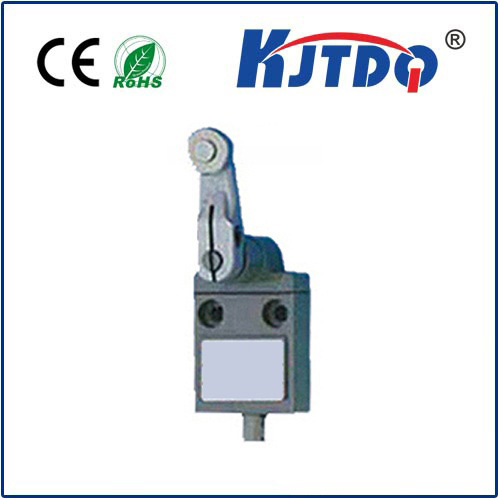
check
Photoelectric Sensors: Revolutionizing Industry and Technology
The use of photoelectric sensors has revolutionized various industries and technological advancements. These sensors utilize light to detect objects or measure distances, enabling them to perform tasks with high accuracy and efficiency. In this article, we will explore the different applications of photoelectric sensors and how they have transformed various sectors.

Firstly, photoelectric sensors are commonly used in industrial automation systems. They play a crucial role in monitoring and controlling production processes by detecting the presence or absence of products on conveyor belts, counting items, and triggering machine start-ups or shut-downs. This not only improves productivity but also enhances safety by preventing accidents caused by malfunctioning machinery.
Secondly, photoelectric sensors are essential in traffic management systems. They are employed in traffic signals, pedestrian crossings, and speed detection systems to regulate flow and prevent accidents. By using these sensors, cities can efficiently manage their transportation networks, reducing congestion and improving overall road safety.
Thirdly, photoelectric sensors have found their way into the healthcare industry. They are utilized in medical diagnostics, where they help in detecting blood flow, measuring heart rates, and monitoring vital signs. This technology enables doctors to diagnose and treat patients more effectively, ultimately saving lives.
Moreover, photoelectric sensors are integral components of smart homes and buildings. They are used for energy conservation by automatically adjusting lighting levels based on occupancy patterns. Additionally, they can be integrated into security systems to detect intrusions or monitor fire alarms, providing enhanced protection for homeowners and businesses alike.
In conclusion, the use of photoelectric sensors has had a significant impact on various industries and technological advancements. From industrial automation to healthcare diagnostics, these sensors have proven themselves as reliable and efficient tools that have revolutionized the way we live and work today. As technology continues to evolve, it is likely that photoelectric sensors will continue to play an increasingly important role in shaping our future.
